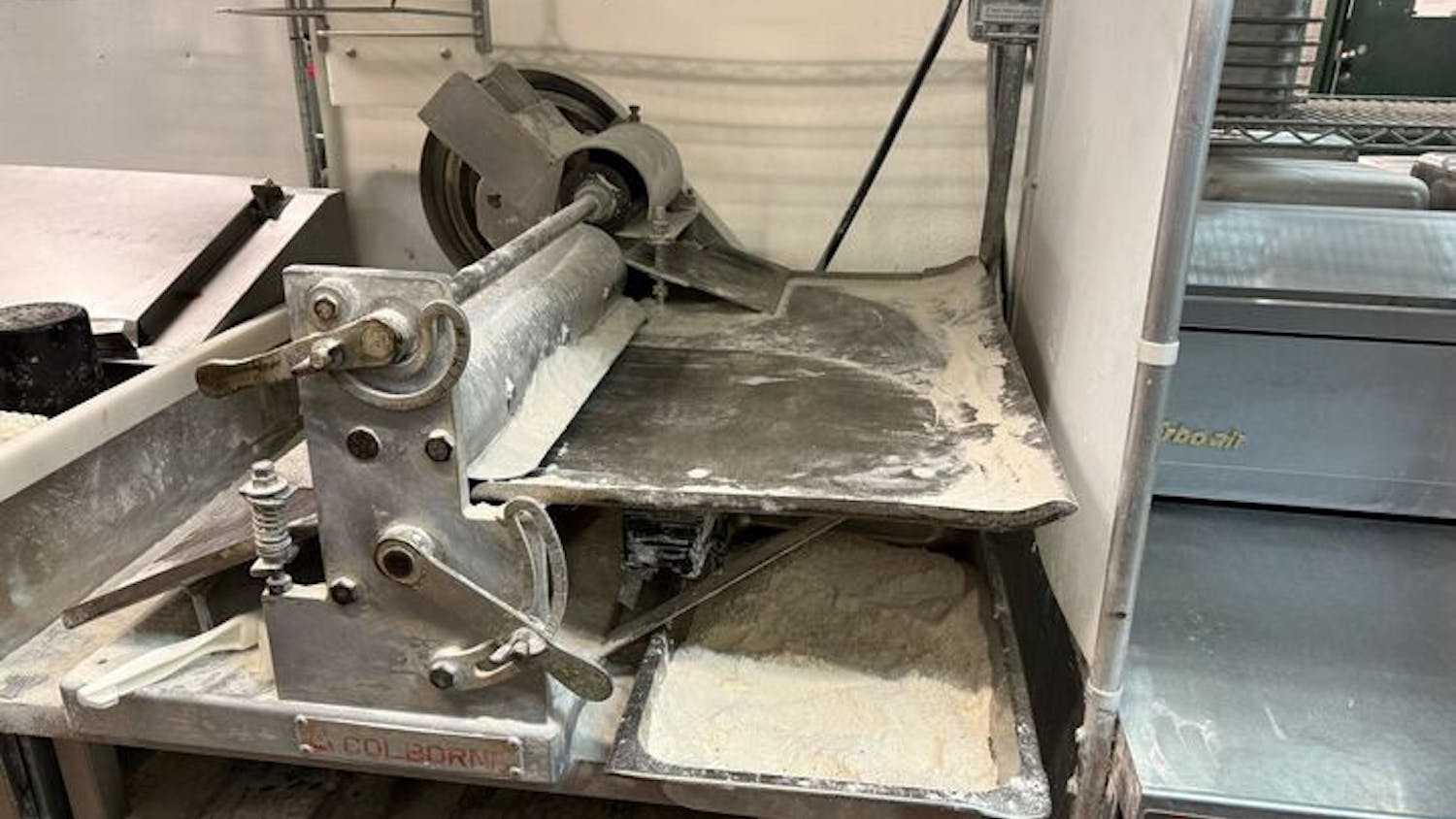University of Wisconsin System campuses are scrambling to address significant budget deficits after Republican state lawmakers cut $32 million in UW System funding despite a record-high state budget surplus of nearly $7 billion.
UW-Platteville and UW-Parkside announced on Aug. 21 that both campuses will consider furloughs, retirement incentives and budget cuts to close their combined $15 million deficit.
The announcements came less than a month since UW-Oshkosh announced plans to cut 200 staff positions and require employee furloughs.
At an Aug. 22 UW System Board of Regents meeting, UW System President Jay Rothman pointed to the disparity between taxpayer support for technical colleges and the university system, inflationary changes, a decade-long tuition freeze and declining enrollment as key determinants for “a financial situation that has been 10 years in the making.”
The $32 million cut in UW System funding stems from state Republican lawmakers’ attacks on diversity, equity and inclusion (DEI) programs that take place across all 13 UW System campuses.
Assembly Speaker Robin Vos, R-Rochester, estimated DEI programs would cost $32 million over the next two years and proposed the same amount be eliminated from the UW System’s budget. Vos has been a vocal opponent of DEI programs, calling them the left’s “new religion” at a state party convention in June, according to the Milwaukee Journal Sentinel.
UW System campuses can get that funding back if they eliminate their DEI programs and focus on programs for workforce development.
Rothman expressed doubt that the UW System “can plan for [the $15.9 million] because we have to operate within the means we have.” The UW System plans to present a workforce development proposal for Regents approval at an October meeting, he added.
The Board of Regents voted earlier this year to increase in-state undergraduate tuition systemwide by about 5%, the first increase since a 2013 tuition freeze. Most UW campuses hope to use that revenue to help offset their deficits, according to the Journal Sentinel.
Will UW System budget cuts affect UW–Madison?
Only two UW universities ended the 2023 fiscal year without a deficit: UW-Madison and UW-La Crosse.
But UW-Madison won’t be spared from cuts, despite ending the year in the green.
UW-Madison has the largest surplus among the 13 system campuses, 10 of which are running deficits. It will bear the brunt of those deficits, absorbing 44% — or $7 million — of this year’s $16 million cut despite not having a deficit of its own, according to the Milwaukee Journal Sentinel.
The Legislature’s budget-writing committee also cut biennium budget funding for a new UW-Madison engineering building, a move decried by UW-Madison officials and state Democratic legislators.
These are the two biggest areas of concern for UW-Madison, District 8 Alder MGR Govindarajan told The Daily Cardinal on Aug. 23.
Though he doesn’t believe UW-Madison students will lose DEI positions, the campus-area alder and UW-Madison senior said creating new ones “might be harder.”
Even without state funding, Govindarajan expects the university will keep its DEI positions. It will presumably have to find other sources of funding to do so, something he expects will occur.
Sean Nelson, UW System vice president for finance and administration, explained revenue diversity’s importance for UW-Madison during the Aug. 22 meeting.
UW-Madison’s portfolio is “starkly different than non-Madison campuses,” Nelson said.
Philanthropy is one critical example. UW-Madison’s support from “gifts, grants and contracts” comprises 33% of its 2023 revenue budget, compared to just 4.9% for non-Madison campuses. Nelson added that UW-Madison’s outside investment goes to a degree “other campuses just don’t have the capacity to do.”
That’s a crucial factor in the overall composition of their yearly budgets.
“When you look at the non-Madison campuses, tuition and GPR [general purpose revenue] make up over 50% of the total revenue, so they’re much more reliant on tuition and GPR,” Nelson said.
For UW-Madison, though, that number is about 30%.
As the universities explore methods to remediate their deficits, Democratic state lawmakers broadly criticized the cuts to UW System funding and argued the cuts will hurt Wisconsin in the long run.
“The UW System is Wisconsin’s economic engine and our best tool for attracting and retaining the next generation of workers,” state Sen. Kelda Roys, D-Madison, said in an Aug. 21 statement. “Every chance they get, Republicans choose tax giveaways for the ultra-wealthy instead of investing in core public institutions, our workforce and our economy.”
For Assembly Rep. Lori Palmeri, D-Oshkosh, who spoke with the Cardinal on Aug. 25, the backlash around DEI and the $32 million cut is personal. As a UW-Oshkosh alum and someone who worked at a local level to create a DEI committee within the Oshkosh community, Palmeri stressed the importance of DEI programs within the state.
DEI positions are important for creating inclusive and welcoming environments on campus and within communities, Palmeri explained. She said it’s “shameful” that Republican lawmakers on the Legislature’s budget-writing committee killed the $300 million UW System funding increase Gov. Tony Evers requested in favor of a $32 million cut.
“I am confident we are going to get through this storm,” Palmeri said. “ It's just very painful at the moment.”
Anna Kleiber is a former state news editor and arts editor for The Daily Cardinal. She has written in-depth on elections, legislative maps and campus news, and lead reporting on the fall presidential election. Anna will spend the summer as the 2025 Sharon Stark political reporting intern with the Milwaukee Journal Sentinel. She has previously interned with WisPolitics and Madison Magazine. Follow her on X @annakleiber03.






